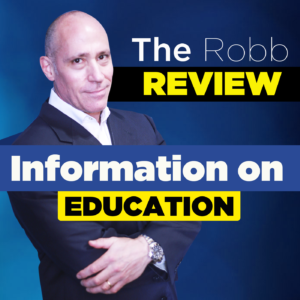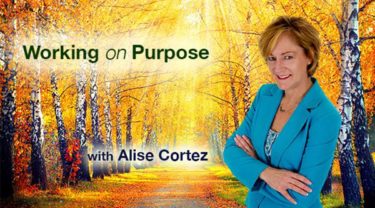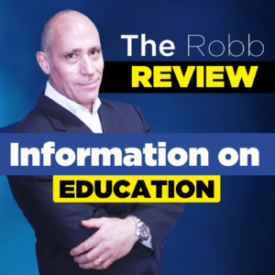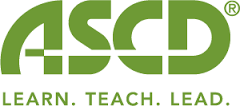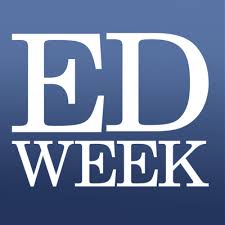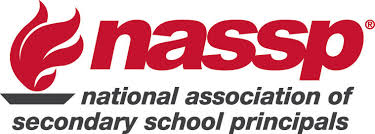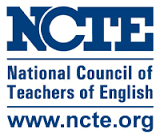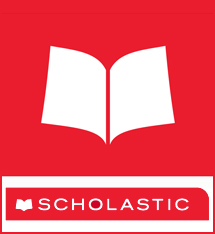Dennis Schug: Learning, Leadership, and Lists
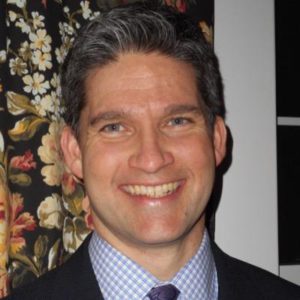
Enjoy this great post by our guest author, middle school principal, Dennis Schug! Dennis shares some wisdom to make us all more effective at what we do!
Ask any educator to share a memory of working with a student, a family, or a colleague, and you’ll likely be inspired. These become learning and leadership milestones, cornerstones to how we define ourselves as educators, and marks of our legacy and the reputation of our profession.
But when was the last time you made time to notice when you evolved as a professional learner?
For me, becoming a Connected Educator has been a personal-professional tipping point. But it wasn’t Twitter, Edcamps, or experimenting with instructional technology that has had the greatest impact. It’s been my renewed approach why I lead, how I learn best, and what I can do to maximize my impact as a school leader.
One such practical meeting place, quite simply, lies in my use of lists.
Who among us, hasn’t (or doesn’t) use lists? To-do lists. Grocery lists. “Honeydew” lists.
Lists have withstood the test of time, in getting us on-track, and keeping us on-track with personal and professional productivity. And lists are precisely where we can keep learning forward.
Here’s how.
“To-Learn” lists
We should all be keeping a list of “professional to-do’s”. You likely have developed this on your own, with your school or district team, and as part of any external professional organizations to which you belong. When you attend a traditional professional development workshop, an Edcamp, or a national conference, you will encounter new ideas, new concepts, and others, willing to share their success, so it becomes your success. Here’s one way to avoid what’s commonly known as “drinking from the fire hose”:
TOMORROW: What is one new practice, tool, or protocol that I will try in my classroom/school/district?
THIS WEEK: What is one learning conversation I will initiate with a professional colleague?
THIS MONTH: What is one resource I will share with someone in a different professional position than the one I hold?
THIS YEAR: What is one project or initiative I will explore, for gradual future implementation with my colleagues?
Use your tool of choice and organize and maintain this list in the way that works best for your learning style. Revisit it and monitor it often. Keep it updated. And invite others to help you stay accountable to what you’ve set out to do.
Twitter lists
As someone who has been using Twitter as a professional learning tool for the last four years, it just isn’t humanly possible to keep up with all the learning, the people, and the resources that are available 24/7/365. To remain productive, purposeful, and focused, consider establishing and using Twitter lists that will support your goals. For example, I keep Twitter lists to curate resources for my weekly Monday Memo for Faculty. I refer often to a list of personal-professional mentors who I can count on for modeling, support, and feedback. And I use lists to keep up with what my friends with whom I collaborate on all things educational leadership. And for fun and in an attempt to be part of something else larger than myself, I maintain a Twitter list of over 2,000 NY Connected Educators. While each of these can be used for professional enrichment, using lists in this way accomplishes something else vitally important in our field and in our schools, they make the world a smaller place. They help us to realize, we’re all more alike than different. And they encourage learning in and across communities.
To-Be-Read lists
This idea of lists is not a new one. In fact, this very idea was re-framed for me at my first Edcamp by one of my leading personal-professional mentors who has since become a dear friend. The session I had attended was about…a book, The Checklist Manifesto by Dr. Atul Gawande. To this day, I continue to recommend this title, since it offers such low-input, high-output strategy work for being more efficient and effective, in work and in life.
As an avid reader of content both in and out of the education field, I keep a running list of books, authors, and series that I refer to often and update regularly. A To-Be-Read list can keep us in touch with what our students are excited to be reading, it can fuel us professionally, and it can allow us to cross-pollinate our ideas, our dialogue, and our perspective. But maybe most importantly, to-be-read lists remind us that in order to be high-impact leaders, we must first commit to being readers and learners.
Ready to evolve? What’s on your professional learning list?
Follow Dennis on Twitter @schug_dennis
We encourage our readers to check out Dennis’s blog!
![]()

